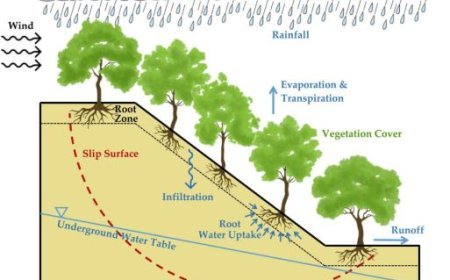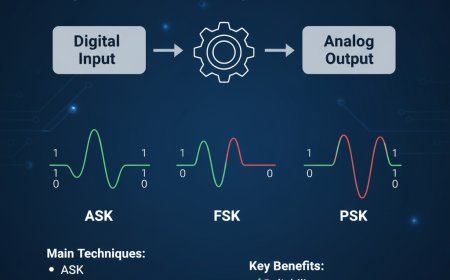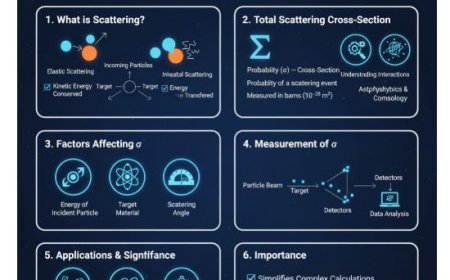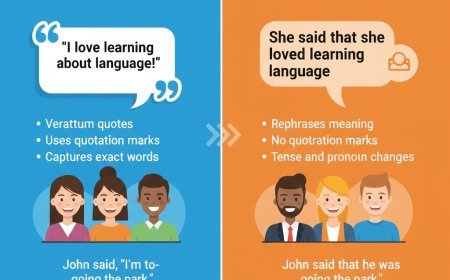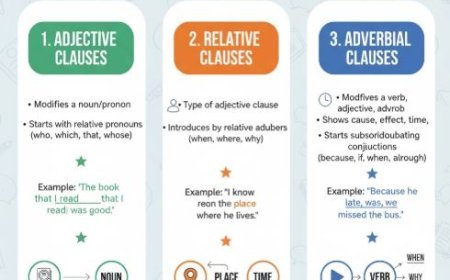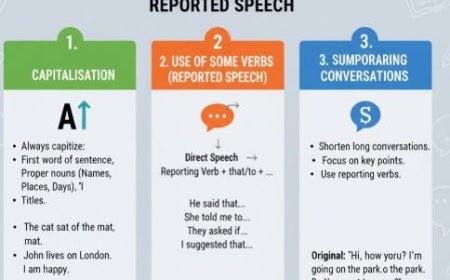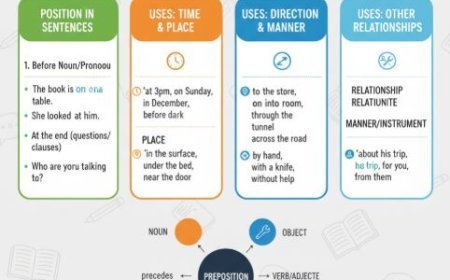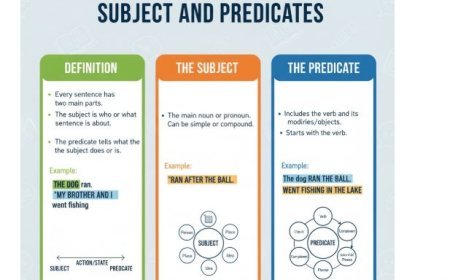CAPITALISATION, USE OF SOME VERBS, AND SUMMARISING CONVERSATIONS IN REPORTED SPEECH
Unlock the secrets of reported speech: capitalization, verb shifts, and turning chats into stories!
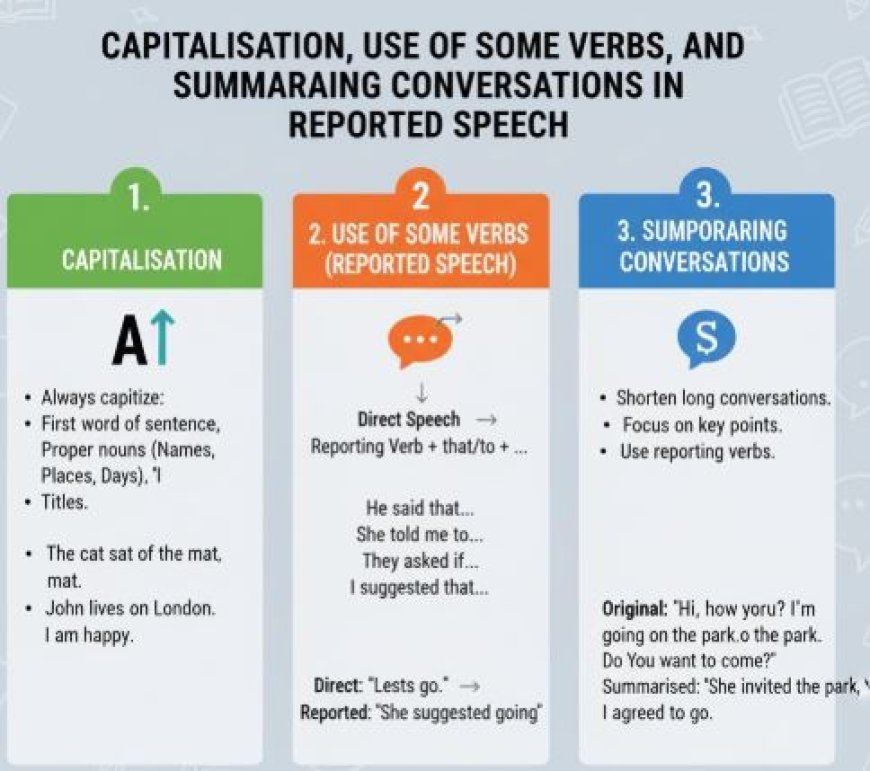
Capitalisation in Reported Speech
When we communicate, we often report what others have said to us. This is known as reported speech, and it is an essential part of our daily interactions.
However, when we report what someone else has said, we need to follow certain rules and guidelines to accurately convey the information.
Reported Speech
Capitalisation in reported speech refers to the use of capital letters for the first word in a reported sentence. This is because when we report what someone has said, we are essentially quoting them. In written form, a quotation is always marked with quotation marks and a capital letter at the beginning of the sentence. The same applies to reported speech. For example:
Direct speech: 'I love pizza,' said Sarah.
Reported speech: Sarah said that she loves pizza.
In the above example, 'I adore pizza' is the direct speech, and it is reported as 'Sarah said that she loves pizza.' The capital letter 'S' in 'she' is used because it is the commencement of a new sentence. Similarly, if the direct speech concludes with a question mark or exclamation mark, the reported speech will also commence with a capital letter.
For example:
Direct speech: 'What a beautiful day!' exclaimed Tom.
Reported speech: Tom exclaimed that it was a beautiful day!
Use of Some Verbs in Reported Speech
In reported speech, we use specific verbs to convey the information accurately. These verbs depend on the tense of the direct speech. Let's look at some examples:
1. Present Tense
When the direct speech is in the present tense, we use the verbs 'say' or 'tell' in reported speech. For example:
Direct speech: 'I am going to the beach,' said John.
Reported speech: John said that he is going to the beach.
2. Past Tense
If the direct speech is in the past tense, we use the verbs 'said' or 'told' in reported speech. For example:
Direct speech: 'I went to the beach yesterday,' said John.
Reported speech: John said that he had gone to the beach the previous day.
3. Future Tense
When the direct speech is in the future tense, we use the verbs 'will say' or 'will tell' in reported speech. For example:
Direct speech: 'I will go to the beach tomorrow,' said John.
Reported speech: John said that he will go to the beach the next day.
Summarising Conversations in Reported Speech
In everyday conversations, we often have lengthy discussions that we may need to report to someone else. In such cases, it is not necessary to report every single detail of the conversation. Instead, we can summarise it by using phrases such as 'he/she said that' or 'according to him/her.' For example:
Direct speech: 'I went to the store to buy some groceries. Then I met my friend, and we had lunch together. After that, I came home and took a nap,' said Sarah.
Reported speech: Sarah said that she went to the store, met her friend, had lunch, and then took a nap.
Capitalisation in Reported Speech,
What's Your Reaction?











